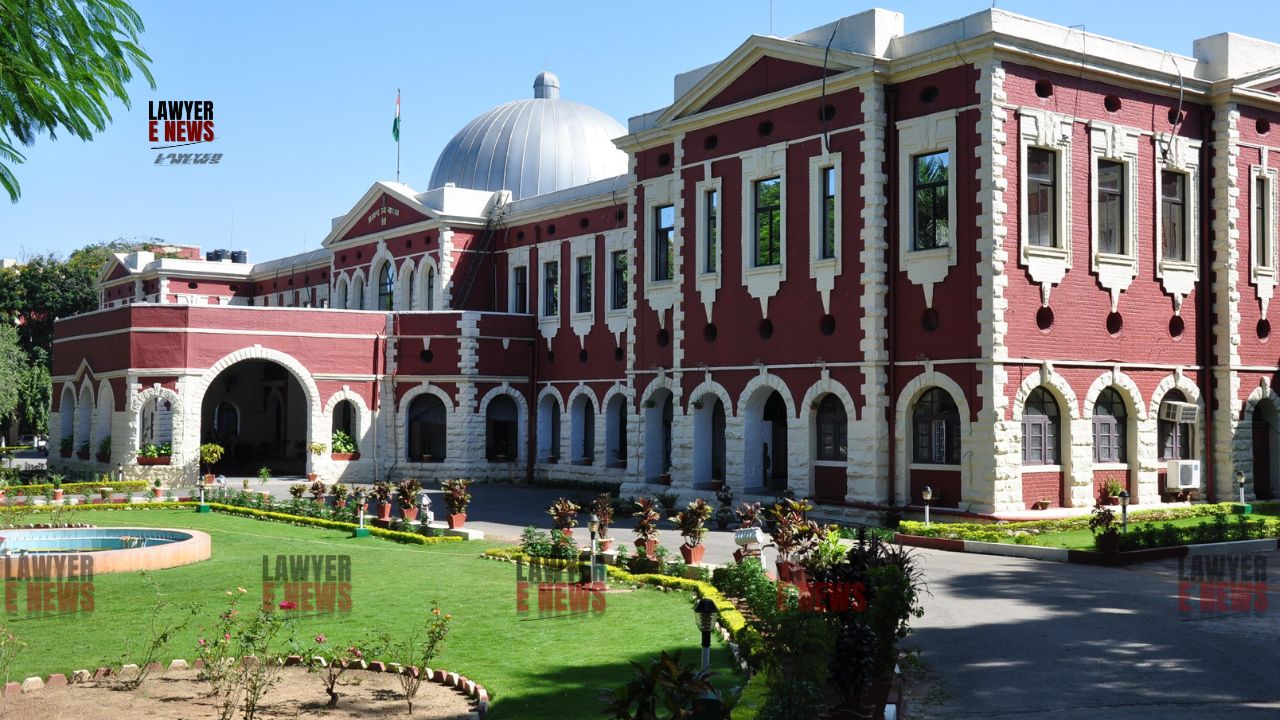-
by Admin
15 February 2026 5:35 AM



High Court of Jharkhand dismisses petition, upholds FIR under IPC and SC/ST (PoA) Act, emphasizes issue of untouchability. The High Court of Jharkhand has dismissed a criminal writ petition filed by Shivlal Mahto, seeking the quashing of an FIR and related criminal proceedings under the Indian Penal Code (IPC) and the Scheduled Castes and Scheduled Tribes (Prevention of Atrocities) Act, 1989. The court, presided by Justice Rajesh Kumar, found substantial grounds for the allegations of harassment based on untouchability against the petitioner, affirming the proceedings under the SC/ST (PoA) Act.
Shivlal Mahto, a neighbor of the respondent Devnandan Ram, was implicated in a criminal case involving allegations of physical assault, intimidation, and harassment. The case, Charhi P.S. Case No. 70/2021, was filed on 5th July 2021, citing violations under sections 323, 341, 504, 506, 147, 149 of the IPC and section 3(1)(x) of the SC/ST (PoA) Act. Mahto claimed that the FIR was maliciously filed due to a neighborhood land dispute and argued that the allegations lacked the necessary ingredients for offences under the SC/ST (PoA) Act.
Shivlal Mahto contended that the FIR was a result of a neighborhood land dispute and was a deliberate attempt to embroil him in criminal proceedings. His counsel referenced Supreme Court judgments in Hitesh Verma v. State of Uttarakhand and Haji Iqbal @ Bala Through S.P.O.A. v. State of U.P., asserting that the case was essentially civil in nature and lacked the elements required for prosecution under the SC/ST (PoA) Act.
Justice Rajesh Kumar found that the allegations extended beyond a mere land dispute, highlighting issues of untouchability. The court observed, “The victim, a member of a Scheduled Caste, is not being allowed to construct a house on his own land by the petitioner, reflecting clear harassment based on caste.” The court emphasized the absence of a legitimate land dispute and identified the matter as untouchability, thus substantiating the criminal charges.
The judgment discussed the principles of evaluating allegations under the SC/ST (PoA) Act. It emphasized the need to consider the victim’s caste status and the discriminatory nature of the harassment. The court reiterated that claims of civil disputes do not nullify criminal allegations under the SC/ST (PoA) Act if discriminatory intent and actions are evident. By referencing relevant precedents, the court underscored the importance of addressing caste-based discrimination through legal measures.
Justice Rajesh Kumar remarked, “This is a clear-cut case of harassment to the SC/ST members, and as such, an offence is made out under the SC/ST (PoA) Act.”
The High Court’s dismissal of the petition underscores the judiciary’s commitment to addressing issues of caste-based discrimination and harassment. By affirming the proceedings, the judgment sends a strong message about the seriousness of untouchability-related offences and reinforces legal protections for SC/ST individuals. The decision is expected to have significant implications for similar cases, bolstering the enforcement of the SC/ST (PoA) Act.
Date of Decision: 13th May 2024
Shivlal Mahto v. The State of Jharkhand & Devnandan Ram
